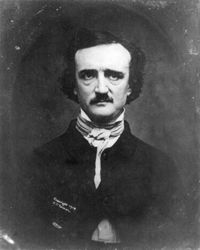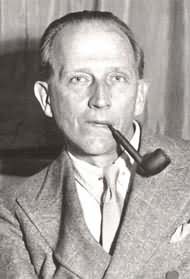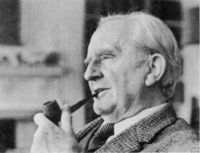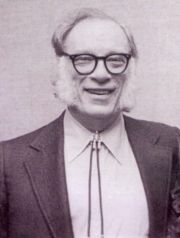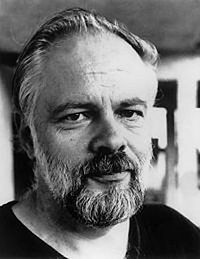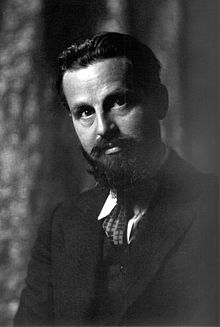![]()
An emoticon is a facial expression pictorially represented by punctuation and letters, usually to express a writer’s mood. Emoticons are often used to alert a responder to the tenor or temper of a statement, and can change and improve interpretation of plain text. The word is a portmanteau word of the English words emotion and icon. In web forums, instant messengers and online games, text emoticons are often automatically replaced with small corresponding images, which came to be called emoticons as well. Certain complex character combinations can only be accomplished in a double-byte language, giving rise to especially complex forms, sometimes known by their romanized Japanese name of kaomoji.
The use of emoticons can be traced back to the 19th century, and they were commonly used in casual and/or humorous writing. Digital forms of emoticons on the Internet were included in a proposal by Scott Fahlman of Carnegie Mellon University in Pittsburgh, Pennsylvania, in a message on September 19, 1982.






